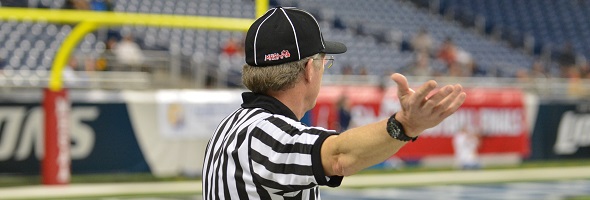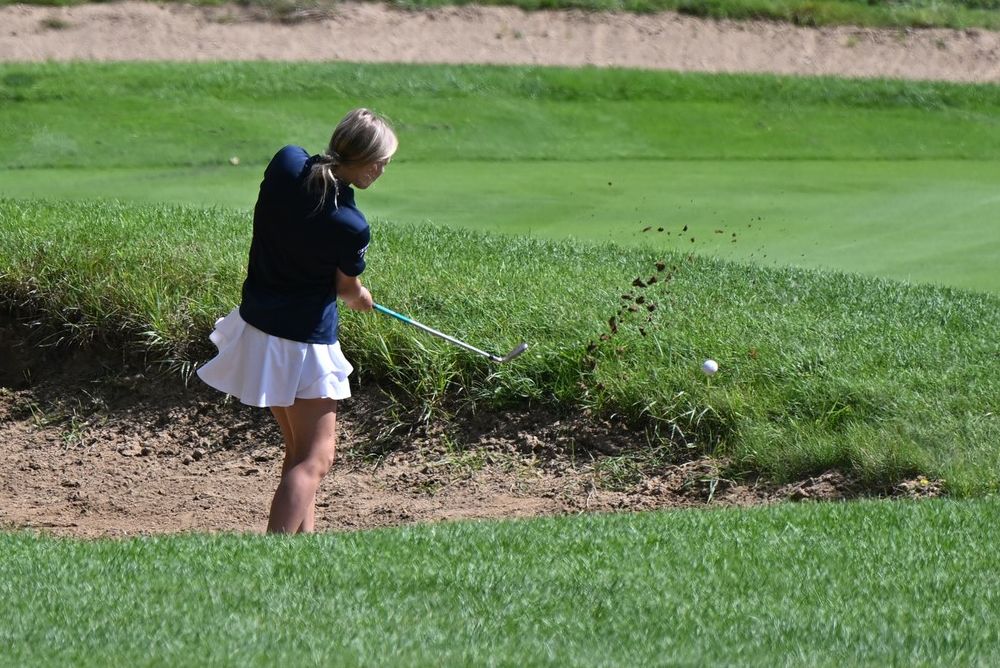
Be the Referee: Football Overtime
October 1, 2014
This week, MHSAA assistant director Mark Uyl explains how football overtime is played at the high school level.
"Be the Referee" is designed to help educate people on the rules of different sports, to help them better understand the art of officiating and to recruit officials. The segment can be heard on Mondays, Wednesdays and Fridays during the school year on The Drive With Jack Ebling on WVFN-AM, East Lansing.
Below is this week's segment - Overtime - Listen
There is nothing better for a football fan than a close game, and the ultimate is when that close game ends up going into overtime.
The high school overtime rules are quite similar to those used at the college level. In other words, both teams are going to be guaranteed one possession of the ball starting out first down and goal to go from the 10-yard line. A couple of key differences are if the defense gets possession of the ball on an interception or on a fumble, the ball is dead and the teams switch offense and defense, In other words, that ball can’t be returned for a defensive score to end the game.
There is also no requirement that the offense at any point after a touchdown be required to go for two (points). If the game would go seven or eight overtimes, teams can continue to simply kick the one point extra point.
Past editions
Aug. 25 - Targeting - Listen
Sept. 4 - Concussions - Listen
Sept. 11 - Pass Interference - Listen
Sept. 18 - Tackle Box - Listen
Sept. 25 - Field Goals - Listen

Be the Referee: Animal Interference
By
Paige Winne
MHSAA Marketing & Social Media Coordinator
September 20, 2023
Be The Referee is a series of short messages designed to help educate people on the rules of different sports, to help them better understand the art of officiating, and to recruit officials.
Below is this week's segment – Animal Interference - Listen
In golf – it’s common to hear about birdies, eagles, maybe even an albatross. Or in my case, a snowman. But what if an actual animal interferes with your ball while in play?
There are two kinds of interference.
The first involves a ball still in motion. If you are putting and a squirrel darts out and stops or redirects your putt, you simply get a do-over from the original spot.
Off the green, if a moving ball is stopped or re-directed, you play the ball from where it ultimately stops.
If your ball is stopped and a seagull picks it up and carries it off – you just replace the ball to its original spot and proceed.
It doesn’t happen often, but now you know how to deal with squirrels and seagulls … in addition to birdies and eagles.
Previous Editions
Sept. 13: Feet Rule on Soccer Throw-In - Listen
Sept. 6: Volleyball Jewelry - Listen
Aug. 30: Football Rules Similarities - Listen
Aug. 23: Football Rules Differences - Listen
(PHOTO by Gary Shook.)

